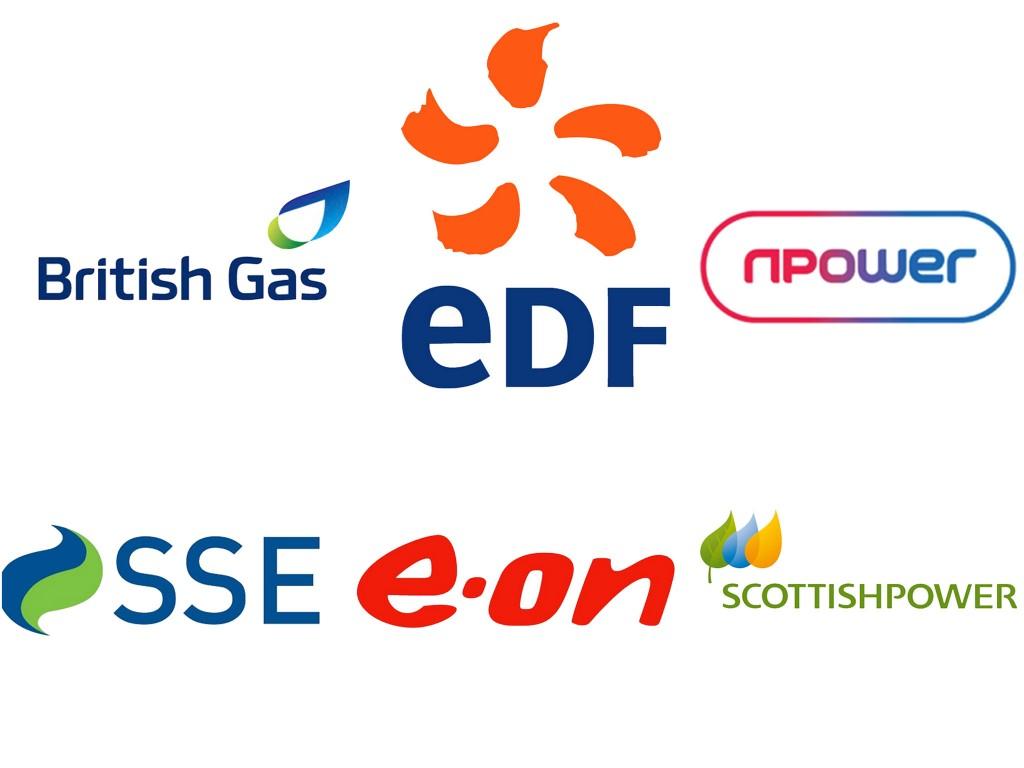Two recent studies have shown that many small businesses are paying far more than necessary for their energy – although it may partly be their own fault. So if you’re a small business owner, here are the two vital lessons the studies can teach you.
Shop Around
The CMA (Competition and Markets Authority) are still investigating the energy market, but their provisional findings revealed that many microbusinesses – just like many domestic customers – are not shopping around for the best energy deals, and so costing themselves hundreds of pounds.
are not shopping around for the best energy deals, and so costing themselves hundreds of pounds.
Despite a small recent increase in supplier switching, the CMA found that in 2013, 45% of microbusinesses were on default electricity tariffs and that many microbusinesses ‘have limited interest in their ability to switch energy supplier.’
However, it’s not all your fault. The CMA also found ‘a general lack of price transparency concerning the tariffs that are available to microbusinesses,’ with few being published, while the limited availability and low usage of price comparison websites ‘makes it more difficult for SMEs to get a view of prices across each market.’ The study also noticed that allegations of malpractice may have damaged the faith business owners have in third party intermediaries to get them a fair deal.
Microbusinesses that don’t shop around for their energy or look for new deals with their existing supplier at the end of their contract term are often moved to default or auto-renewal tariffs – and the cost of these, the CMA found, is ‘substantially higher’ than that of the tariffs offered to attract new customers or keep existing ones – a rate difference that the CMA says goes ‘beyond what is justified by costs.’ From 2012 to 2014, rollover tariffs from the Big Six Energy suppliers were 29 to 36% higher than retention tariffs for electricity and 25 to 28% higher for gas.
This failure of businesses to shop around is giving suppliers ‘a position of unilateral market power concerning their inactive microbusiness customer base which they are able to exploit through their pricing policies,’ say the CMA who found that prices charged to businesses from 2009 to 2013 were on average around 14% higher than the competitive level, meaning SMEs were paying around £0.5bn more a year for energy than they needed to. So don’t be a victim – shop around.
Read the Small Print and Engage
Meanwhile, a study by SwitchMyBusiness.com has found that just over half of businesses admit they don’t understand their energy contract at all, and just over a quarter more than a quarter of SMEs don’t know how to go about terminating their current energy contract,
18.4% of businesses had been automatically rolled over onto a new contract without their permission and perhaps even more worryingly, a further 16% didn’t know whether they had been a victim of auto-renewal.
The study showed that more than 30% of small businesses have been shunted onto a ‘deemed contract’ with the same supplier at the end of a fixed contract, leaving them paying up to 80% more. A ‘deemed contract’ is one which is either: a) in place when a customer moves into new premises and starts to use energy without agreeing a contract with a supplier b) brought into play when an existing contract comes to an end but the customer continues to use energy (this because a contract is terminated but the supplier continues supply, or because the original contract doesn’t state what happens after termination. Again, 16.8% of businesses were unsure whether they are on a deemed contract.
“These findings prove that the UK’s SMEs are still getting a raw deal,” says Ivan McKeever, CEO of SwitchMyBusiness.com. “Smaller to medium-sized businesses are in a uniquely challenging position: the business energy market lacks the transparency that consumers now have and smaller businesses do not have the resources to liaise with lots of suppliers and negotiate a good deal.”
SwitchMyBusiness.com have called on the Government to outlaw auto-renewal and for a cap on deemed contract charges to be established.
If you want to understand more about your rights and your business energy contract, read Ofgem’s useful guide.





Leave a Reply